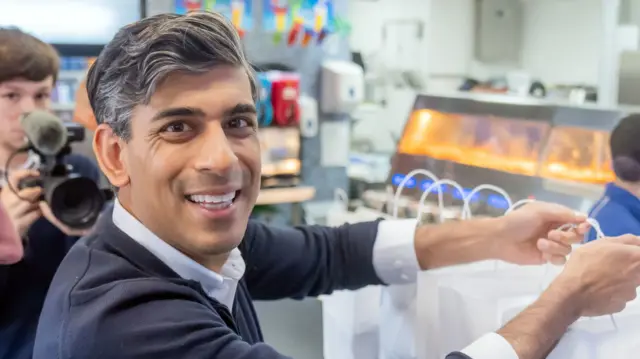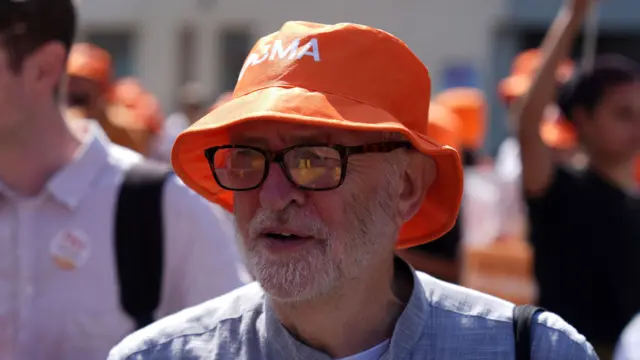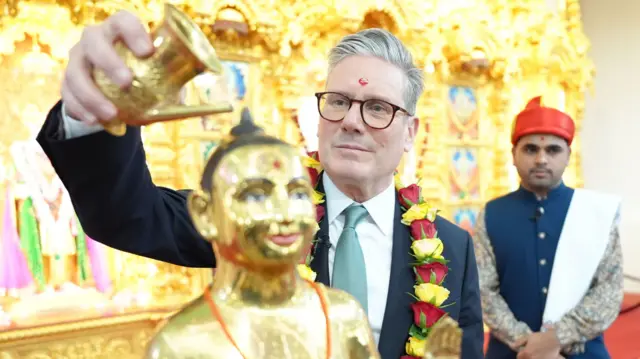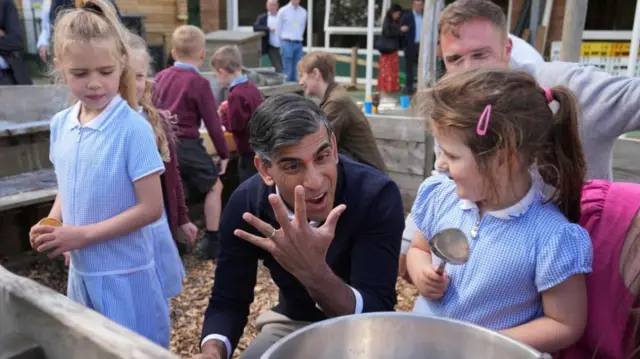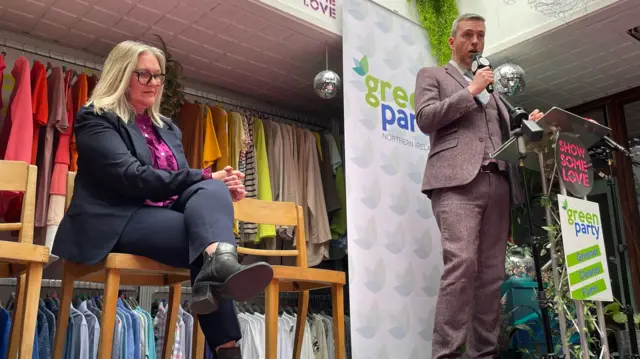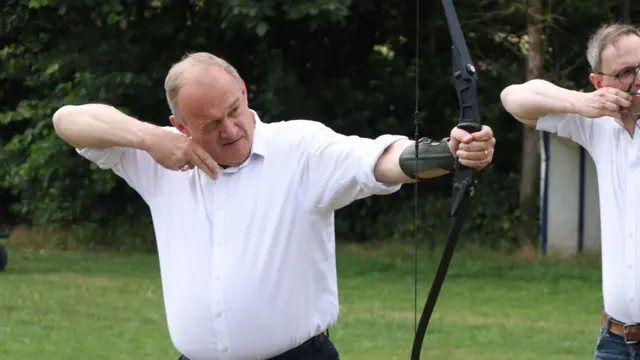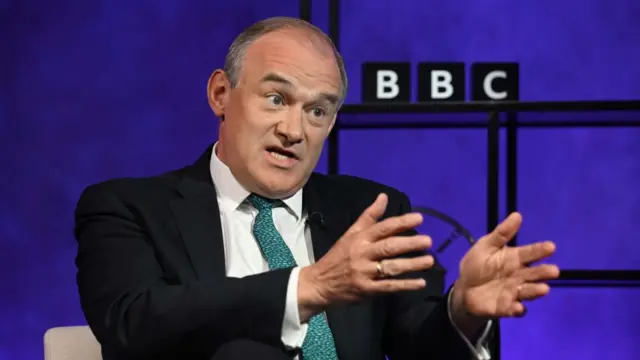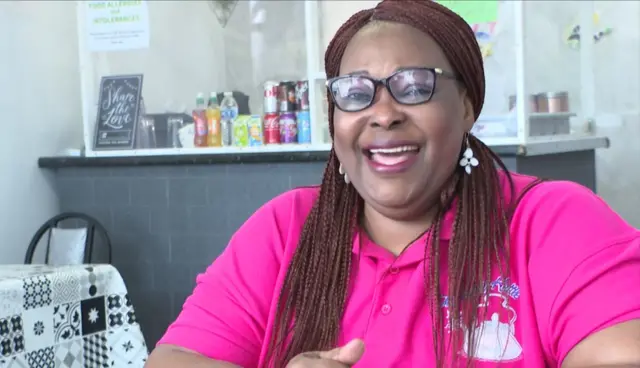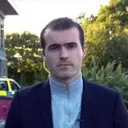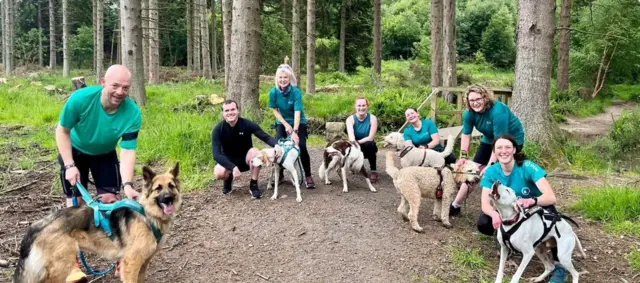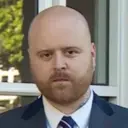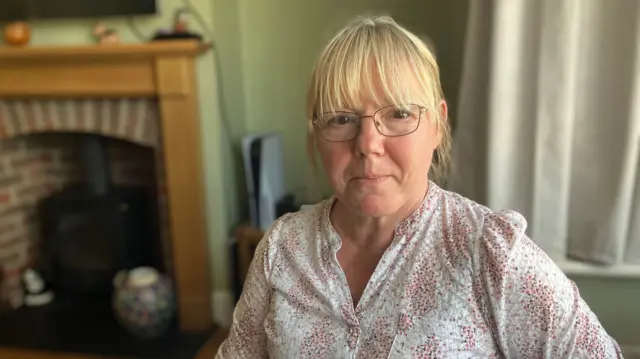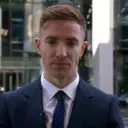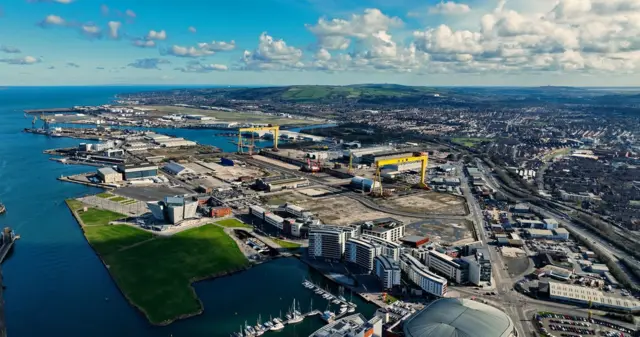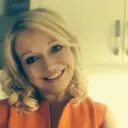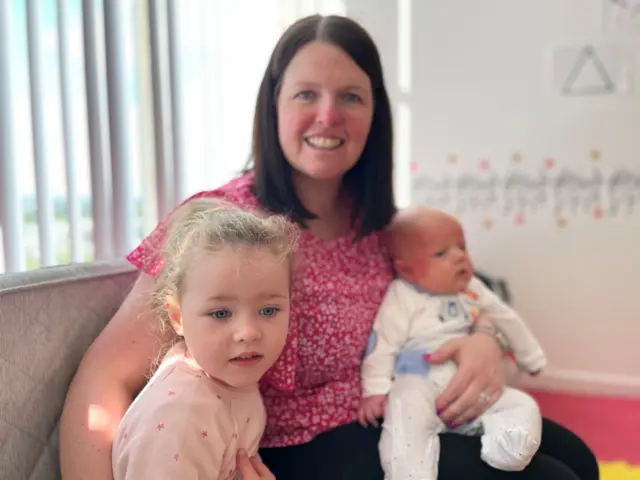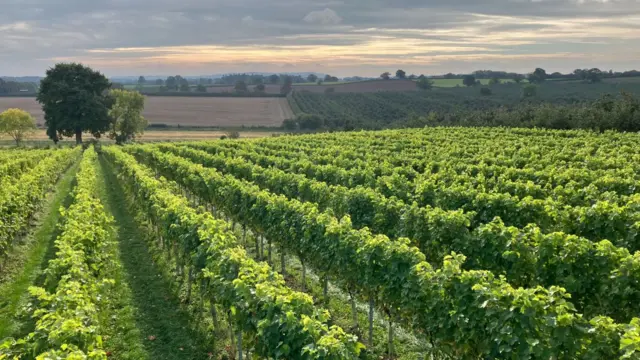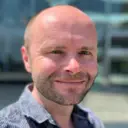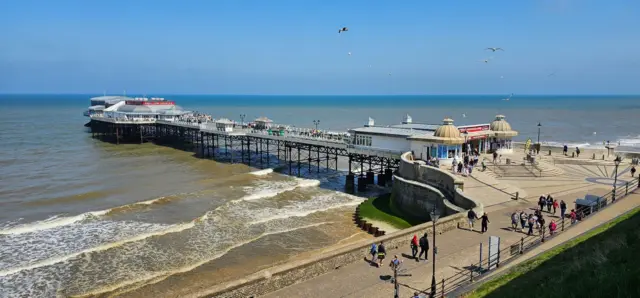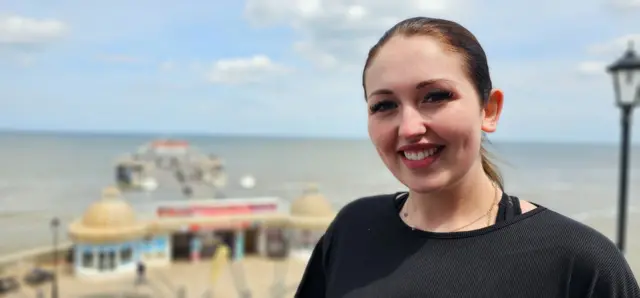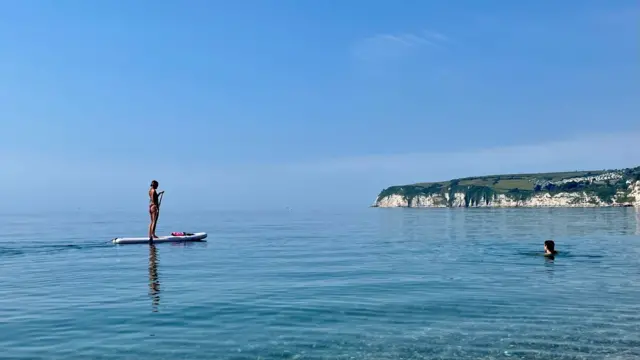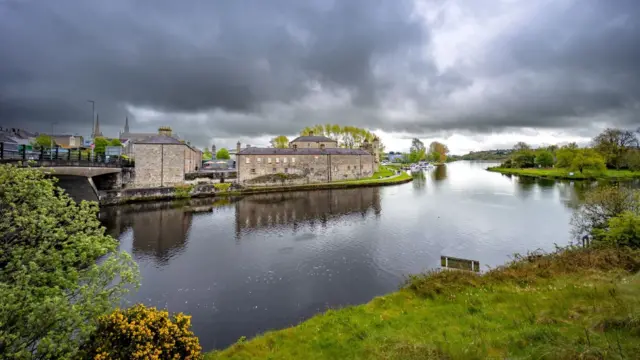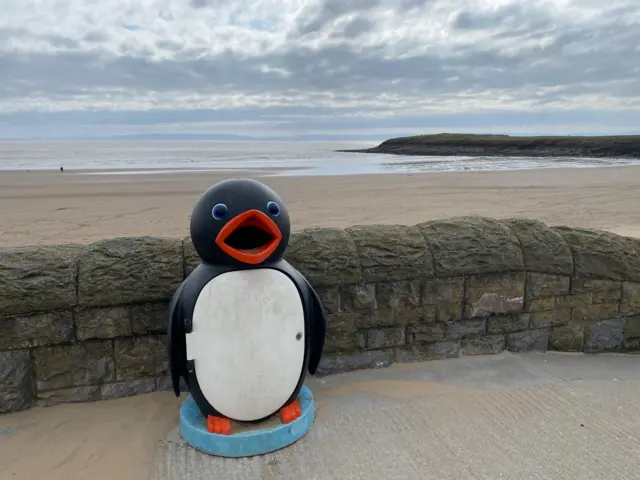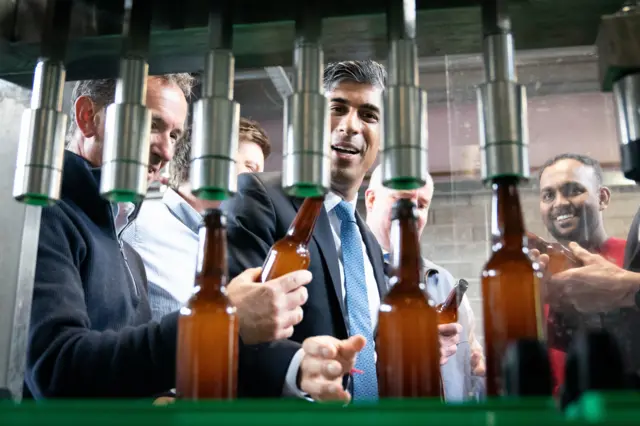He’s been desperate to grab attention - but what does Ed Davey really stand for?published at 19:26 BST 28 June 2024
 Nick Robinson
Nick Robinson
BBC presenter
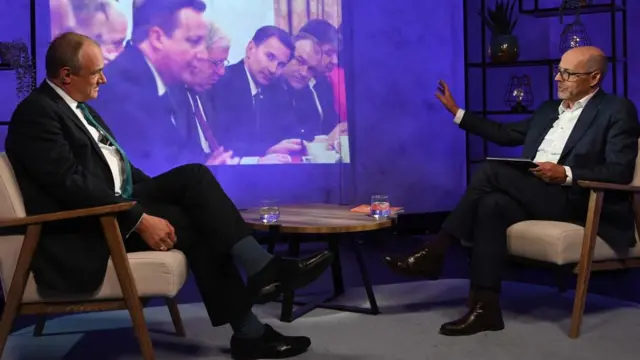 Image source, Jeff Overs / BBC
Image source, Jeff Overs / BBCHe's fallen into the water, sped down a slide, and wobbled on a bike.
Sir Ed Davey has been desperate to capture our attention and he’s succeeded. Not just with a bewildering array of stunts but also by talking movingly about his life as a carer for his severely disabled son.
His political life has been rather like the rollercoaster he was photographed on. The high was a spell at the cabinet in coalition with the Conservatives. The low being kicked out of parliament as voters punished him and his Liberal Democrat party for delivering austerity and breaking their promises on tuition fees.
Now he’s on the up again with polls suggesting he may double, treble or, even, quadruple the number of MPs he has.
What, though, does he really stand for and can he regain the trust of those who felt betrayed by the years he was in power?
That's the focus of my conversation with him on the latest - and the last - of my election interviews for BBC Panorama. We talk about those years in power - his regrets and what he learned - and what he says he’d do with influence in the next parliament.
You can see soon - 19.30 BST on BBC1, iPlayer and right here on this page.
You can watch any or all of seven leaders interviews on iPlayer. It’s been a privilege to interview seven leaders at length in prime time for almost half an hour each. I hope you’ve enjoyed them.

